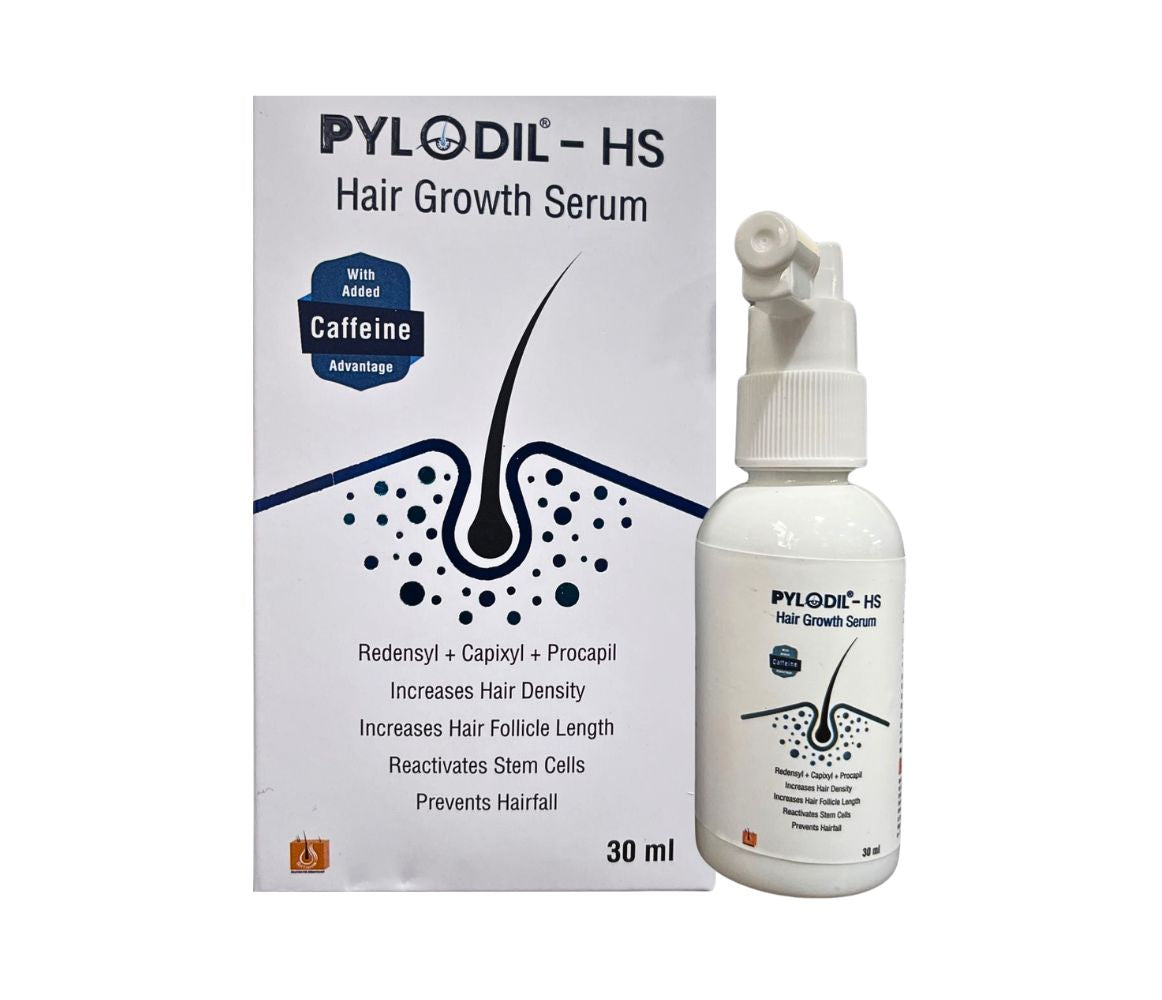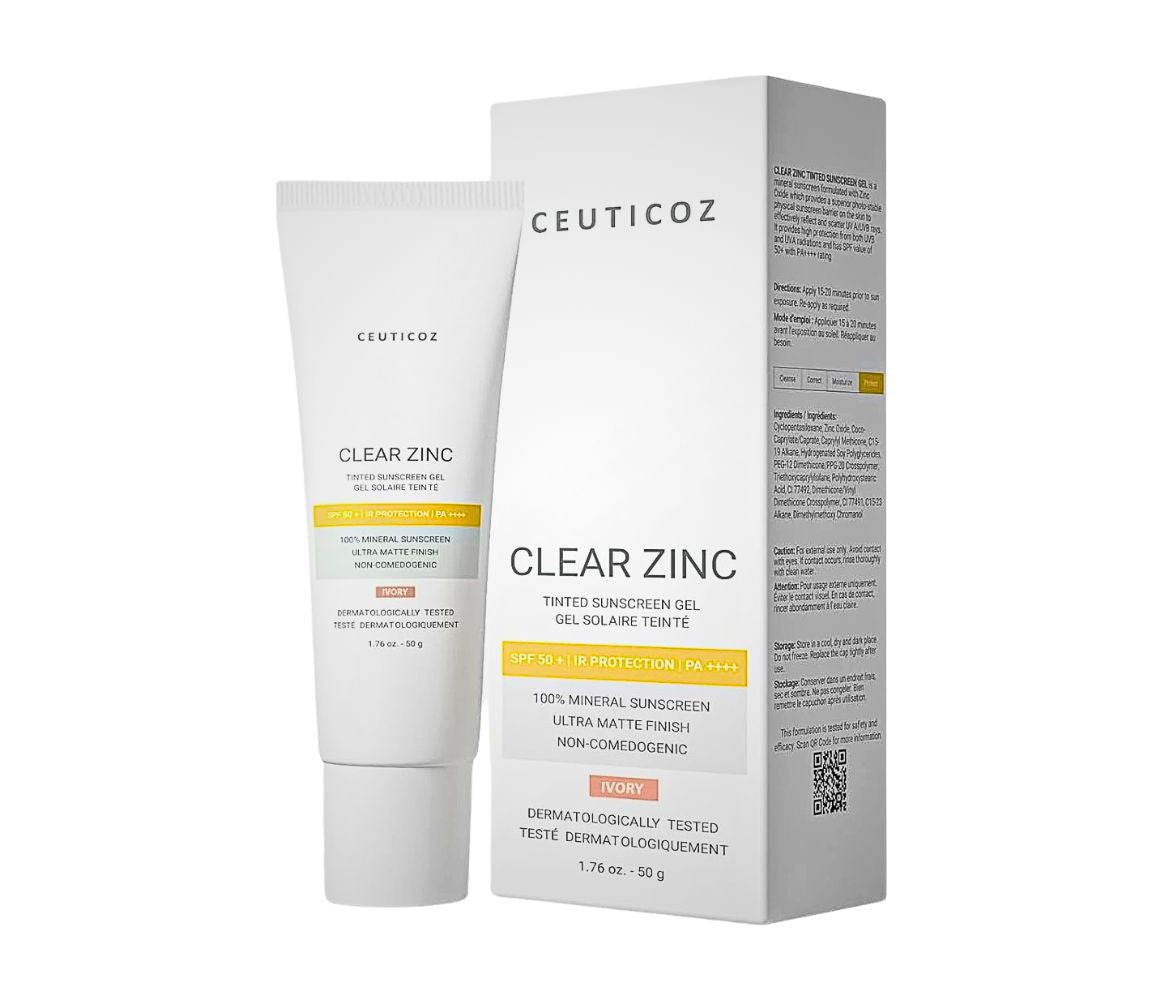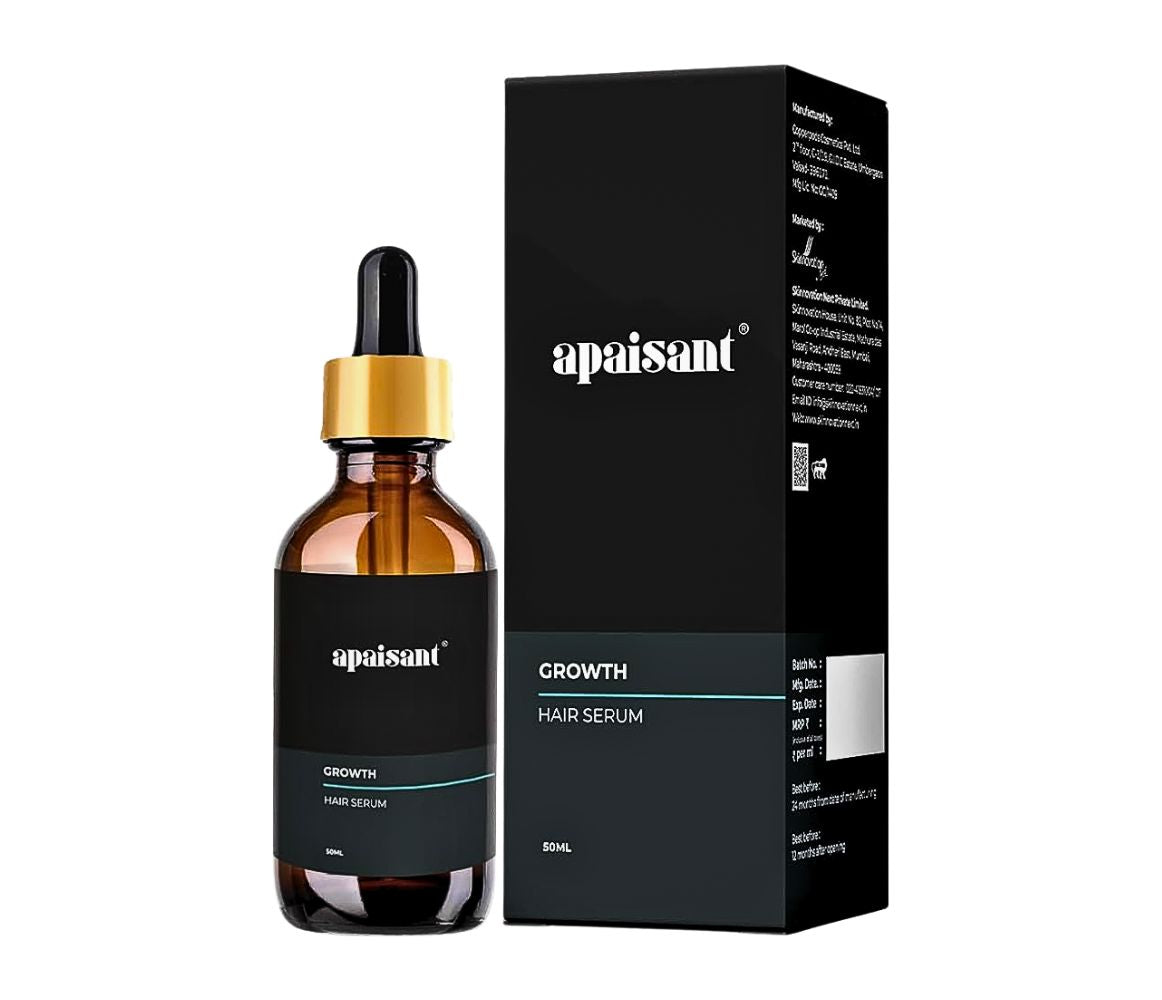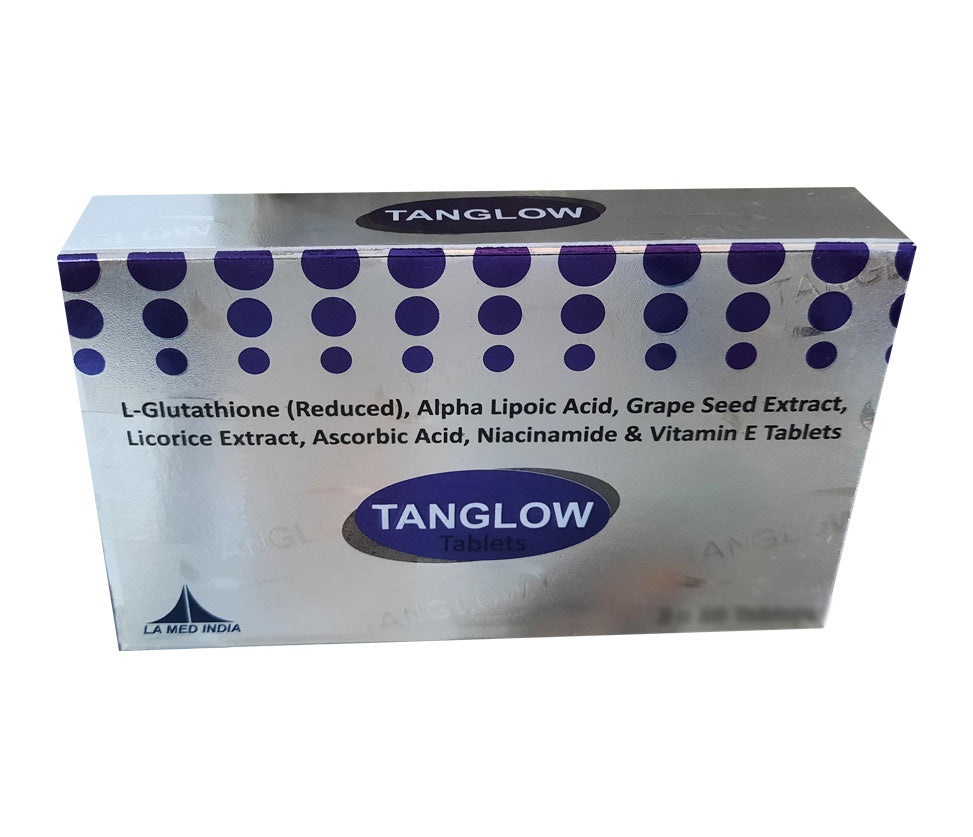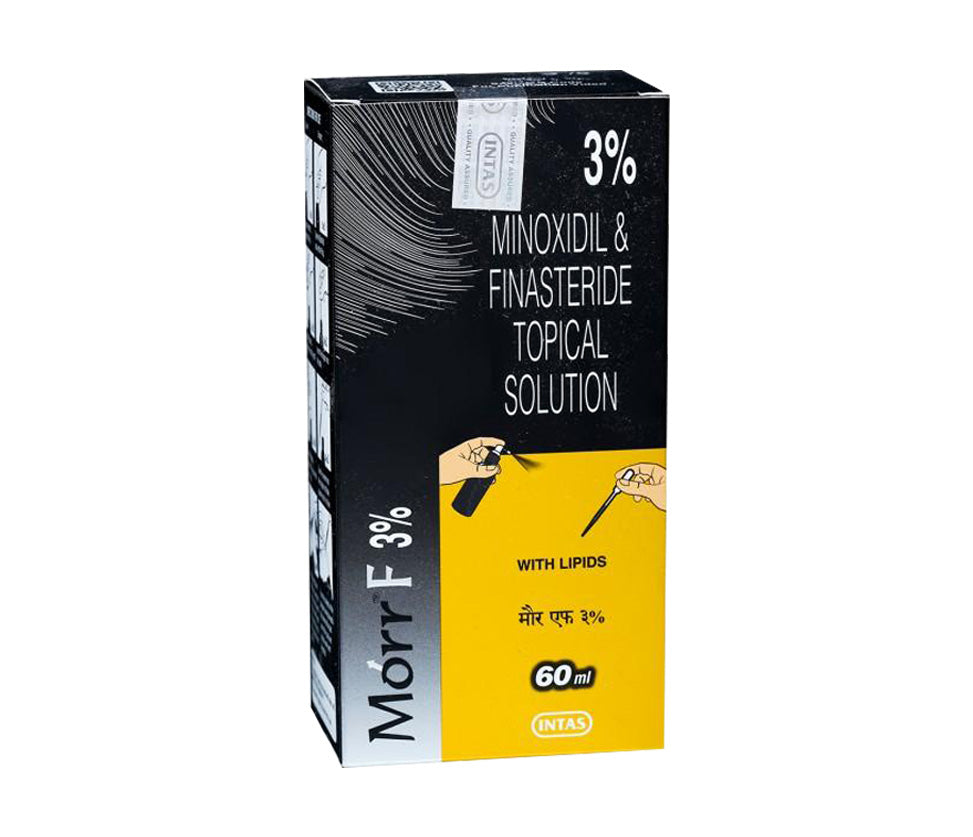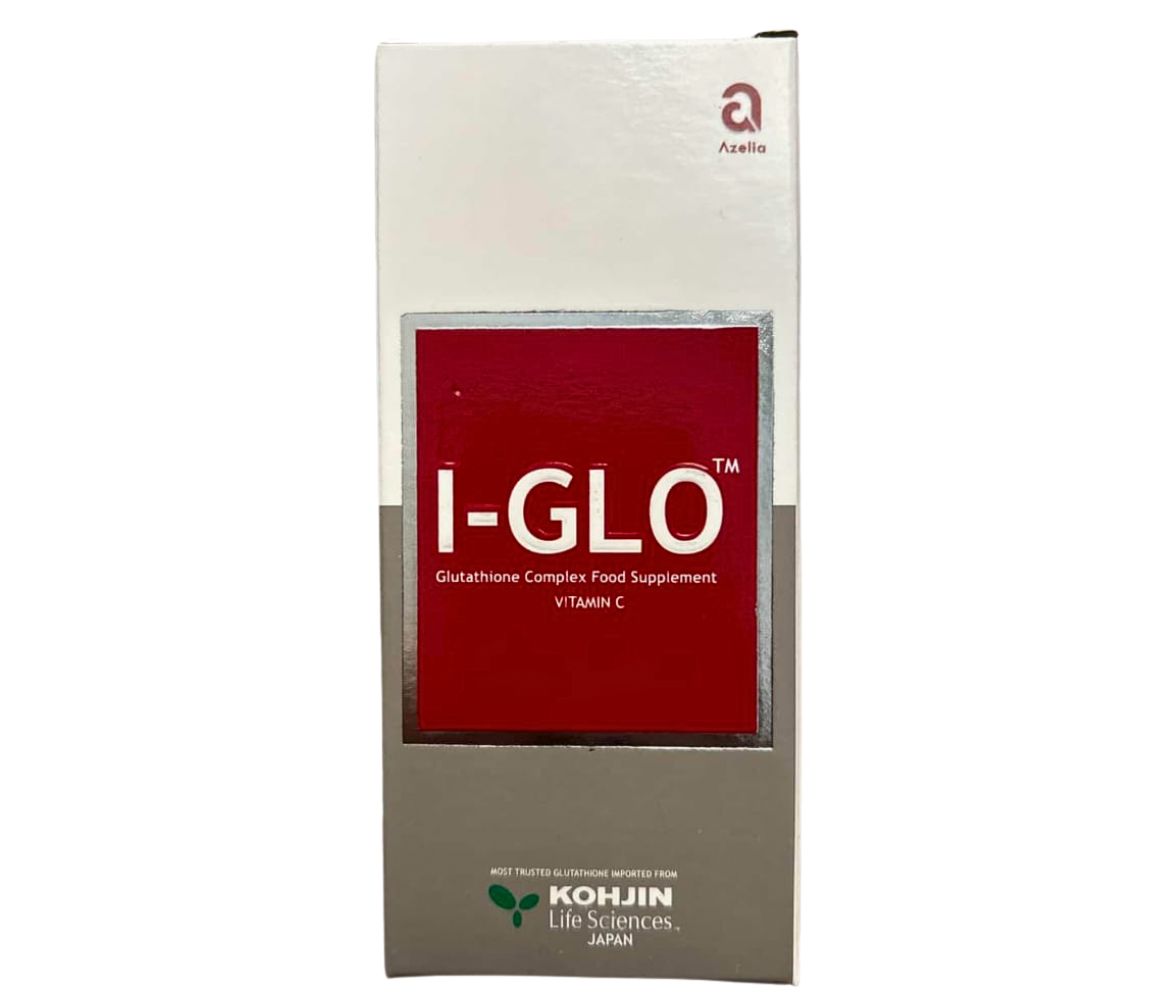Scalp Care 101: Where Healthy Hair Begins

Let’s face it, when most of us talk about healthy hair, we jump straight to shampoos, conditioners, or expensive masks. But we rarely stop to think about the real hero behind strong, shiny hair: our scalp.
Think of your scalp like the soil in a garden. If it’s dry, neglected, or imbalanced, how can anything grow well? The same idea applies to your hair. Flaky patches, sudden hair fall, or an itchy scalp are all signs that your scalp is calling out for help.
In this guide, we’re getting back to the basics. We’ll break down why scalp health matters, what usually goes wrong, and what simple steps (and dermatologist-approved products) can help you get things back on track. And yes, everything we mention here is backed by the clinical science behind DelMeds.
Why Your Scalp Deserves More Attention
Let’s be real: we pamper our faces, spend money on serums, and invest in endless products for split ends, but the scalp? It barely gets a second thought.
The truth is, your scalp is skin, too. It has pores, produces oil (sebum), and reacts to stress, products, and the environment just like the rest of your skin. If you’re struggling with hair thinning, flakes, or even slower growth, it might not be your shampoo; it might be your scalp saying, “Hey, help me out!”
When the scalp is balanced, clean, and nourished, it sets the stage for stronger roots and healthier hair.
So, What Can Go Wrong?
You don’t need to be dealing with major conditions to have scalp problems. Sometimes, it’s the little things, product buildup, harsh weather, and over-washing that throw your scalp off balance.
Here are some common issues we see (and what they mean):
Dandruff & Flakes
Not just a winter thing. Dandruff can come from dryness, fungal imbalance, or even stress.
Fix it with: SORG Dandruff Control Hair Serum
It’s lightweight, scalp-soothing, and works with active ingredients like Climbazole to gently restore balance.
Greasy Roots
Too much oil? Your scalp might be overcompensating because it’s dehydrated or not being cleansed properly. This can also block hair follicles and lead to breakouts or hair loss.
Itchy or Sensitive Scalp
This could be a reaction to harsh shampoos, synthetic fragrances, or even the weather. If your scalp feels tight or sore, it's a red flag.
Hair Fall or Weak Roots
This one's tricky. Hair loss can be caused by diet, stress, hormones, or poor scalp health. When your follicles aren’t getting enough blood flow or nutrients, growth suffers.
Try the Ora Stren Pro Hair Lotion Kit.
It’s a dermatologist-trusted solution that helps reduce hair fall and reactivate dormant follicles with consistent use.
Let’s Talk About Your Routine
If your scalp has been an afterthought until now, don’t worry. Making a few intentional changes can go a long way.
Here’s a simple, no-fuss scalp care routine anyone can follow:
1. Cleanse Gently, Not Aggressively
Don’t fall for the squeaky clean myth. Over-washing or using harsh shampoos can strip your scalp of natural oils and trigger more oil production or flaking.
Use: Ora Expert Dandruff Control Shampoo
This one’s designed to tackle dandruff at the root without over-drying. It’s sulfate-free and packed with dermatologist-approved actives.
2. Add a Treatment Serum
Think of it as your daily multivitamin for the scalp. Targeted serums can help with dandruff, inflammation, or even just maintaining hydration.
Use: SORG Dandruff Control Hair Serum
Apply it post-wash on a clean scalp and let it do its magic.
3. Don’t Skip Conditioner, Just Use It Right
Conditioner is for your strands, not your roots. Stick to mid-lengths and ends to keep hair soft without clogging scalp pores.
Try: Ora Expert Hair Thickening Conditioner
It helps reduce breakage while adding softness and body, minus the weight.
4. Weekly Deep Nourishment
Once a week, give your scalp a reset. Use a nourishing mask to soothe and hydrate your skin.
Try: SORG Hair Mask
Perfect for dry or chemically treated hair, this mask helps restore the scalp’s comfort and rebuild moisture levels.
Pro Habits That Make a Difference
Besides product swaps, these everyday habits can improve your scalp health more than you think:
-
Avoid using hot water, as it strips natural oils.
-
Switch to satin pillowcases as they reduce friction.
-
Massaging your scalp for just 3–5 minutes a day improves blood circulation.
-
Eat smarter, omega-3s, biotin, and zinc do wonders.
-
Protect from the sun; it can get sunburned, too!
Consider using a product like Aclaris Photon Tint 360 SPF 50 if you have thinning at the crown or a visible parting. It offers protection without clogging pores.
When Should You See a Dermatologist?
If you’re noticing bald patches, constant irritation, or scalp pain, don’t wait. Some scalp conditions, such as seborrheic dermatitis or folliculitis, require medical attention.
And if you’ve been treating dandruff with off-the-shelf shampoos for months with no results, that’s your cue to switch to clinically formulated options or get professional advice.
Final Thoughts: Strong Hair Starts at the Root
Healthy hair is more than just what you apply to your strands—it's how you treat your scalp. The good news? It's never too late to make a change. Whether you’re facing flakes, thinning, or just want to boost your hair’s strength, a consistent, scalp-focused routine is your foundation.
Explore DelMeds’ Haircare Collection for formulas crafted by experts who know that skincare doesn’t stop at the forehead.
Your hair deserves better. Start at the root.
DISCLAIMER : This website provides general information for educational purposes only and should not be considered a substitute for professional medical advice, diagnosis, or treatment. Always seek the guidance of a qualified healthcare professional with any questions you may have regarding a medical condition. Do not disregard professional medical advice or delay seeking it because of information you've read on this website. Your health is important – when in doubt, consult a doctor.

